Results
-
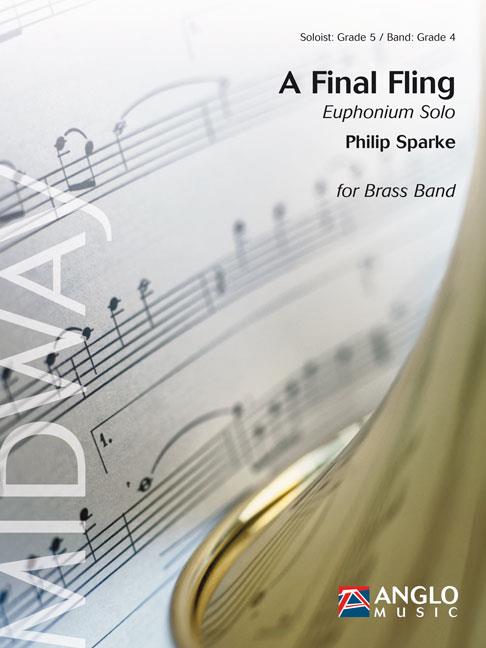 £59.99
£59.99A Final Fling (Euphonium Solo with Brass Band - Score and Parts) - Sparke, Philip
A Final Fling was written at the request of David Childs for a CD recording with a Celtic theme, which he released in 2007. The phrase 'a final fling' means a last quick effort at doing something, perhaps when this item is used as an encore, and also, a fling is a type of Scottish Highland dance, which tied in with the Celtic theme. A light- hearted piece, A Final Fling starts in the mood of a folk dance and quotes from The Irish Washerwoman before flying to a close. A perfect way to put your euphonium player in the spotlight.Duration: 2:00
Estimated dispatch 7-14 working days
-
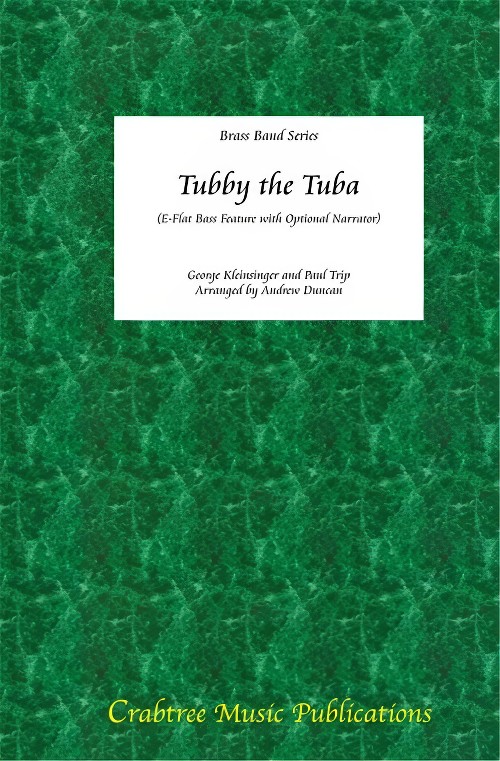 £74.99
£74.99Tubby the Tuba (Eb Bass Solo with Brass Band - Score and Parts) - Kleinsinger, George - Duncan, Andrew
with optional narratorScore and Parts for George Kleinsinger's Tubby the TubaSolo part comes in C BC and Eb TCDuration: 8:00
Estimated dispatch 7-14 working days
-
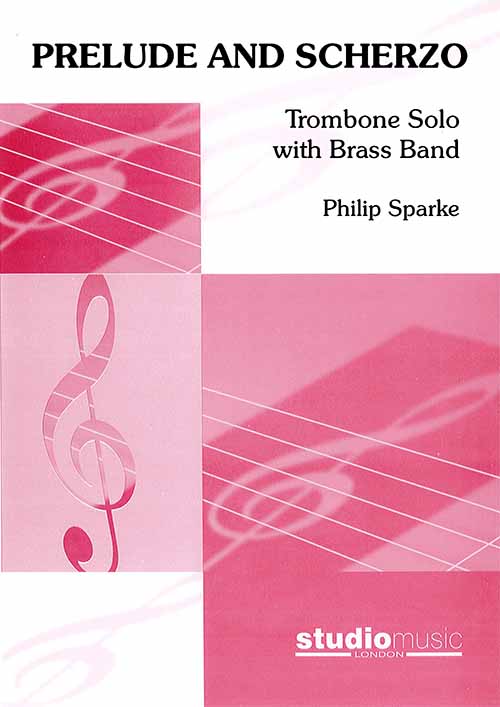 £49.95
£49.95Prelude and Scherzo (Trombone Solo with Brass Band - Score and Parts) - Sparke, Philip
Written for Brett Baker
Estimated dispatch 7-14 working days
-
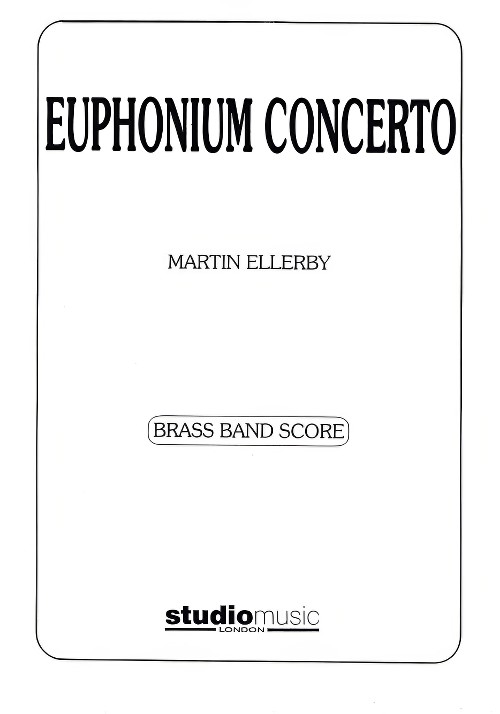 £99.95
£99.95Euphonium Concerto (Euphonium Solo with Brass Band - Score and Parts) - Ellerby, Martin
This Euphonium Concerto was written between late 1994 and early 1995 in response to a commission from Steven Mead to whom the work is dedicated. It is cast in four movements and lasts a little over 22 minutes.Includes: FantasyCapriccioRhapsody (for Luis)DiversionsDuration: 22.30
Estimated dispatch 7-14 working days
-
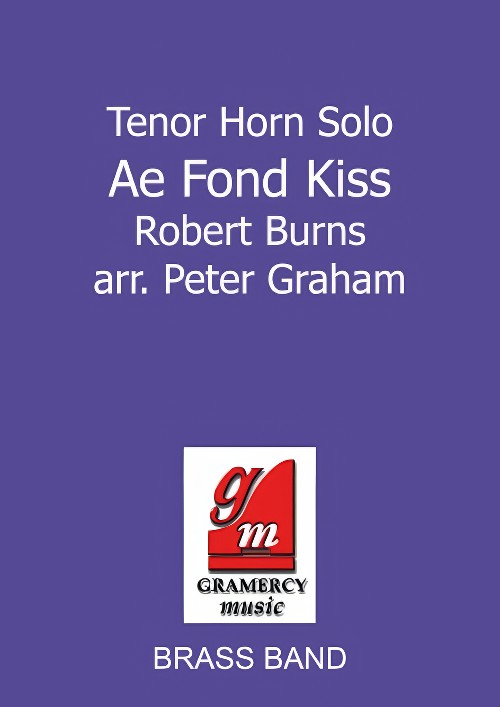 £44.95
£44.95Ae Fond Kiss (Tenor Horn Solo with Brass Band - Score and Parts) - Burns, Robert - Graham, Peter
Ae Fond Kiss, by the Scottish poet Robert Burns, is widely recognised as being one of the most poignant songs of lost love ever written. A brief affair with a Mrs Agnes Craig McLehose (known to Burns as Nancy) ended with her decision to join her estranged husband in Jamaica. Her parting gift to Burns was a lock of her hair which he had set in a ring. His gift to her included the poem, the first verse of which reflects Burns' feelings of resignation and despair:Ae fond kiss, and then we sever;Ae fareweel, alas, for ever!Deep in heart-wrung tears I'll pledge thee,Warring sighs and groans I'll wage thee!
Estimated dispatch 7-14 working days
-
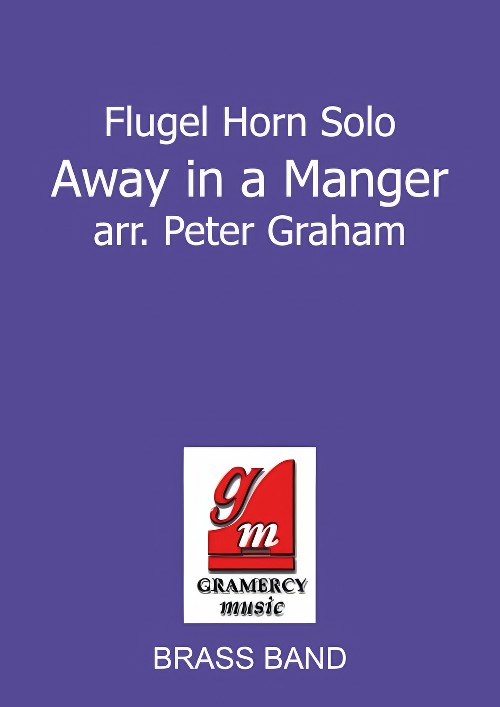 £34.95
£34.95Away in a Manger (Flugel Horn Solo with Brass Band - Score and Parts) - Graham, Peter
The traditional carol in a beautiful yet simple setting for flugel horn (or Bb cornet) and band. (Also available with piano accompaniment).
Estimated dispatch 7-14 working days
-
 £42.95
£42.95BENEDICTUS (from The Armed Man (A Mass for Peace)) (Euphonium Solo with Brass Band) - Jenkins, Karl - Small, Tony
Recorded on Polyphonic QPRL224D Master Brass (Volume Seventeen)
Estimated dispatch 7-14 working days
-
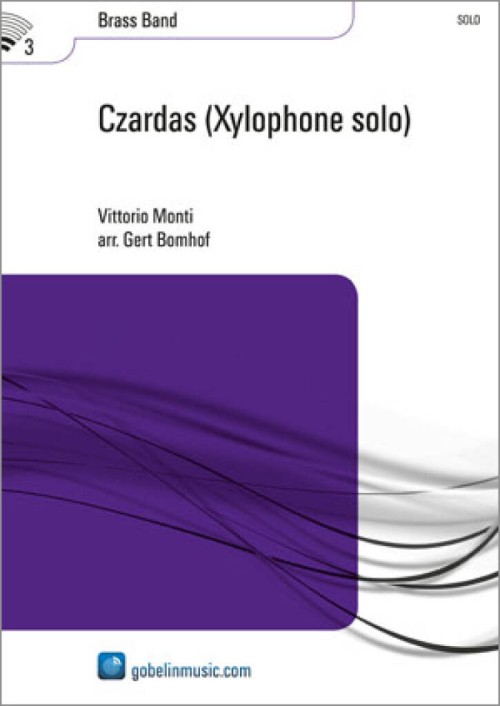 £69.99
£69.99Czardas (Xylophone Solo with Brass Band - Score and Parts) - Monti, Vittorio - Bomhof, Gert
Vittorio Monti was born on January 6, 1868 in Naples (Italy). His musical education (violin and composition), he enjoyed at the conservatory there. Around his 30's Monti went to Paris. He earned a living as a conductor and wrote several ballets and operettas. In his last years, Monti died in 1922, he devoted himself to teaching and composing. His famous "Czardas" has made his name known even today. Initially the czardas was a Hungarian folk dance , but after the mid-nineteenth century it was even a dance for the upper-class. Czardas begins with a slow introduction, the Lassan (slow and sad), and then the fast part, Friska, follows. Czardas is not, as so many people think typical gypsy music.Duration: 5.30
Estimated dispatch 7-14 working days
-
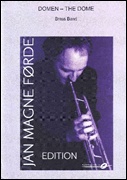 £64.50
£64.50DOME OF TRONDHEIM, The (Domen) (Flugel Horn Solo with Brass Band) - Forde, Jan Magne
Dedicated to the Nidaros Cathedral, Norway. A work to feature your Flugelhorn soloist with plenty of space and resonance. Suitable for 3rd Section Bands and above.
Estimated dispatch 7-14 working days
-
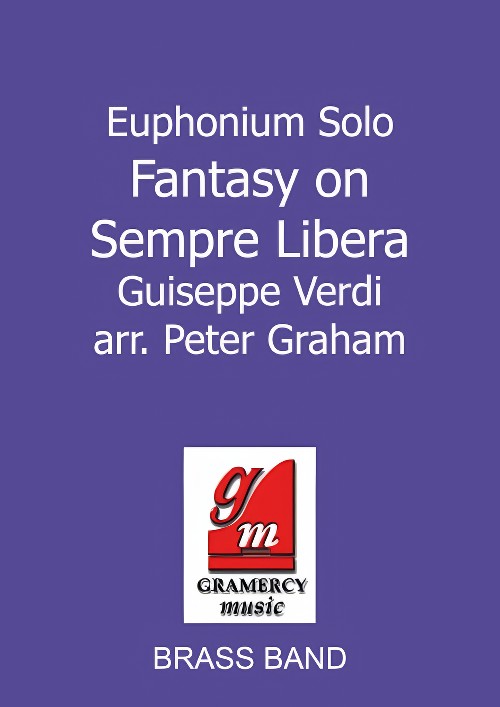 £44.95
£44.95Fantasy on Sempre Libera (Euphonium Solo with Brass Band - Score and Parts) - Verdi, Giuseppe - Graham, Peter
During the 19th century the great instrumental virtuosi reined supreme. Pianists Liszt and Thalberg and violinists Paganini and Saraste amazed audiences with their wide-ranging technical and artistic abilities, fuelled by increasingly difficult paraphrases and variations on popular tunes of the day.The Fantasy on Sempre Libera looks back with affection to this period and provides an opportunity for present day euphonium virtuoso David Thornton to demonstrate the skills which mark him out as one of the world's finest players.
Estimated dispatch 7-14 working days
